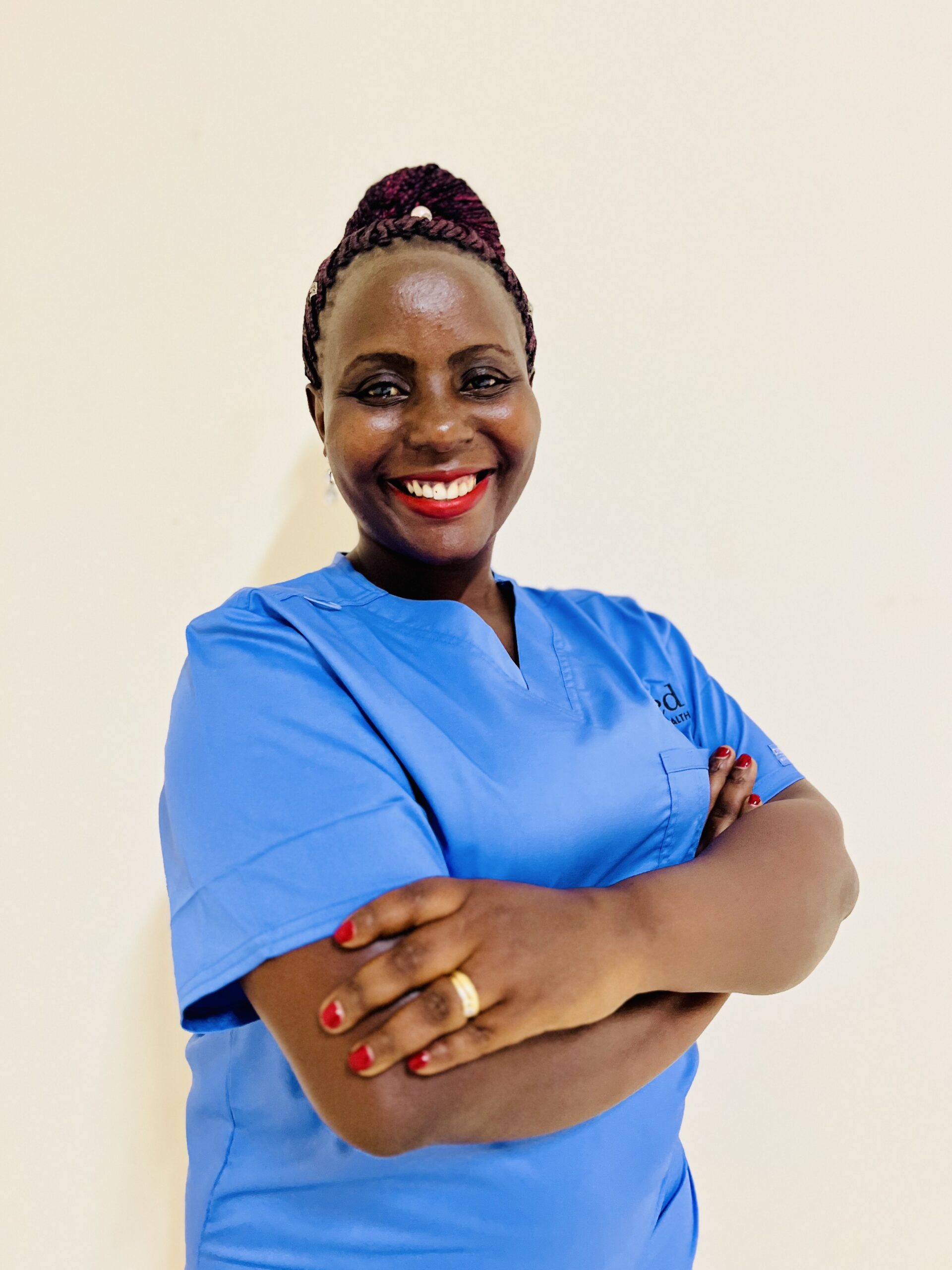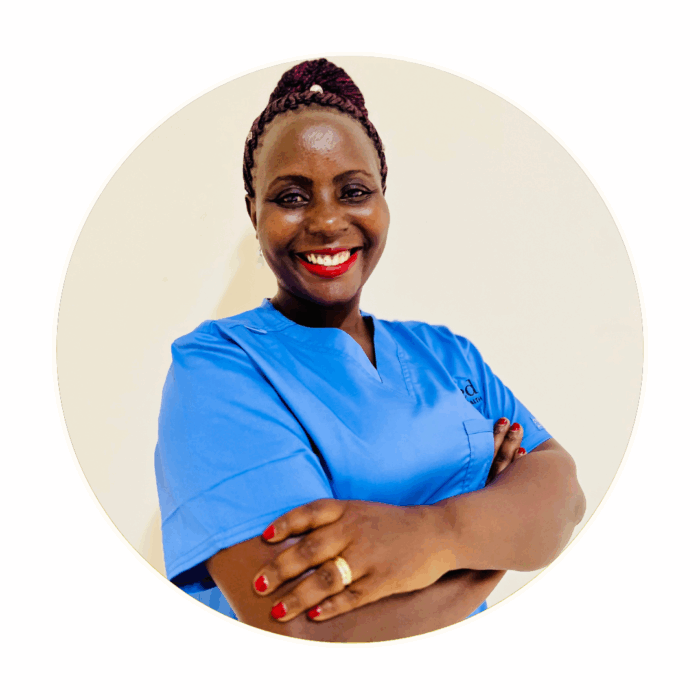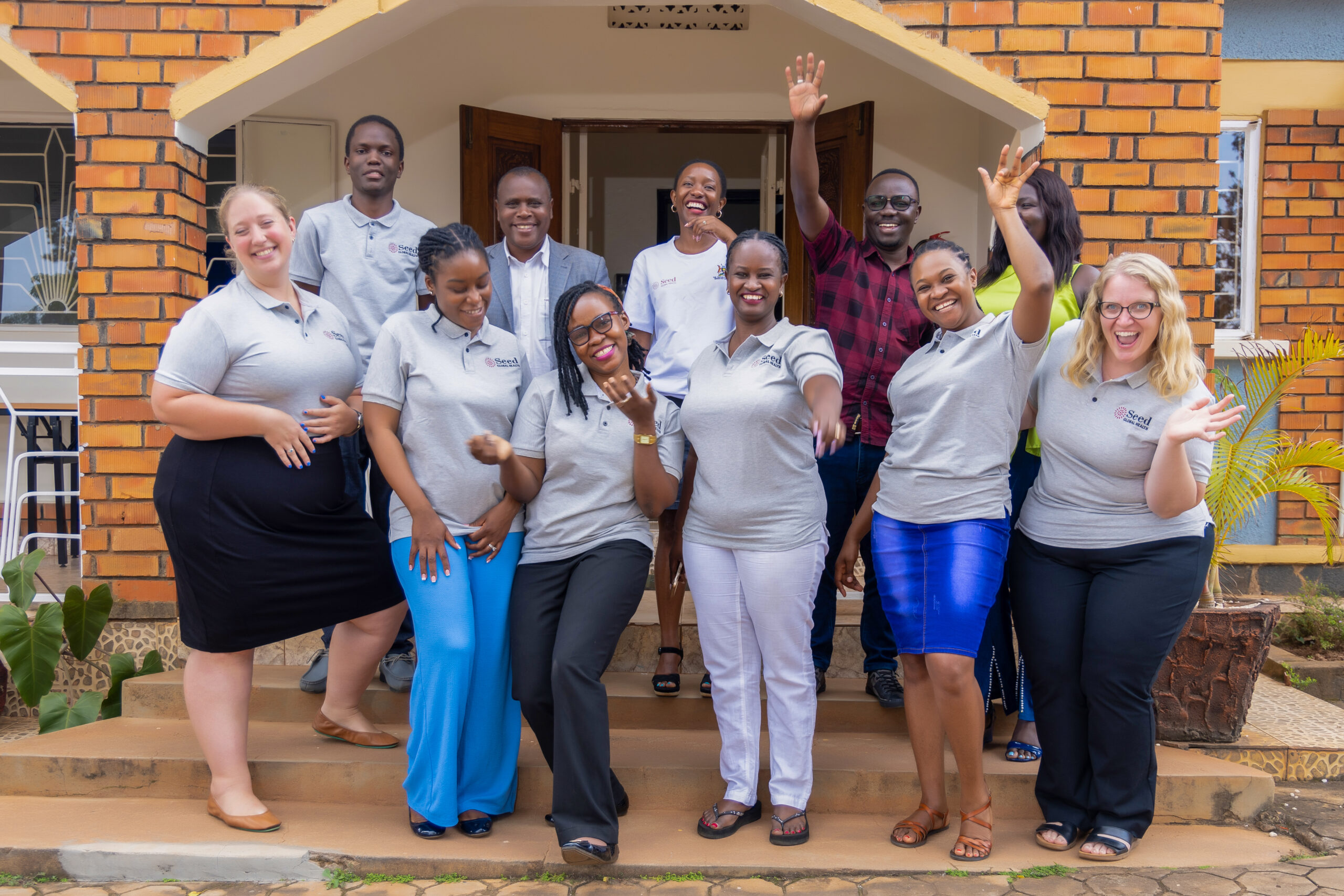
Igniting Curiosity and Confidence in Midwifery Education
Midwife Educator Lilian Nuwabaine reflects on how she helps her students master midwifery’s toughest subject
Every year in midwifery training institutions worldwide, there’s one module that reliably draws nervous glances and anxious sighs before it even begins: Genetics and Embryology. For as long as I can remember, this module has carried the reputation of being “too hard,” “too scientific,” or simply “not for me.”
The terminology alone can feel overwhelming, as if midwifery students are learning a whole new language. Imagine trying to master words like blastocyst, allele, morula, meiosis, mitosis, chromosomes, genotype, phenotype, epiblast, aneuploidy, and teratogen.
As an international midwife educator, this is the module I was assigned to teach to students in the Bachelor of Science midwifery program at the School of Midwifery Makeni in Sierra Leone.
The module provides midwifery students with detailed knowledge of the processes that constitute pregnancy, right from the moment of fertilization and throughout the nine-month pregnancy. The module takes students through each stage of pregnancy, indicating important landmarks in the development of the placenta, the embryo, the fetus, and the overall progression of a pregnancy.

Knowing how difficult this module is, I said to myself, “Lilian, you need to overcome your fears and take on this challenge.” I believe that an innovative teacher doesn’t just deliver lessons, they design experiences that ignite students’ curiosity, inspire discovery, and turn challenges into opportunities for growth.
I structured the students’ learning process to be interactive and student-centered. Throughout the sessions, I used group discussions to encourage peer learning and shared perspectives. Day by day, I empowered students to engage in both individual and group assignments that required in-depth research, enabling them to explore the module from multiple angles. These assignments were then presented through individual and group presentations, thus building communication skills, confidence, and reinforcing understanding through teaching others.
I also added in a few practical sessions on fetal circulation and placenta structure and use – even though this module isn’t typically hands-on. These sessions gave students the chance to connect theory with real-life scenarios, an essential skill in midwifery.

From time to time, I introduced multiple-choice quizzes to keep students engaged, test their understanding, and clear up any misconceptions. I designed each activity carefully to build their confidence, improve their understanding of complex topics, and guide them through concepts they had once found intimidating.
By the time we approached the final exam between May and early July 2025, I observed a tremendous improvement in student participation, curiosity, and confidence. Interestingly, many students expressed their appreciation for the variety of teaching methods used throughout the module. They acknowledged that the different strategies, especially the group work and discussions, frequent individual and group assignments, presentations, and practical sessions, among others, significantly enhanced their understanding of what they thought was going to be a difficult module.

This was further evidenced by the feedback I received from students, who appreciated my teaching style and the participatory nature of my classes. As a midwife educator, this experience reinforced my belief in the power of diverse teaching approaches in midwifery education. It was rewarding to see students transform from hesitant learners to confident, knowledgeable individuals prepared to apply these concepts in their midwifery practice.
Exceptional educators know that every mind learns differently. The more diverse the teaching methods, the more doors that are opened for every student to succeed.

The writer is: Lilian Nuwabaine, Midwife Educator, Sierra Leone and Episteme Award Recipient 2025

